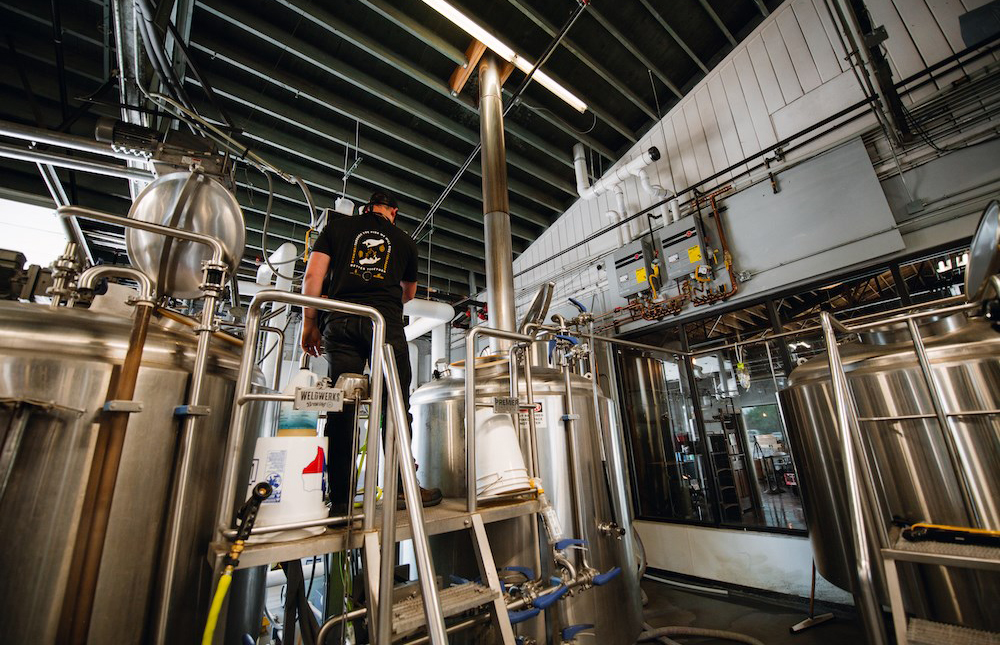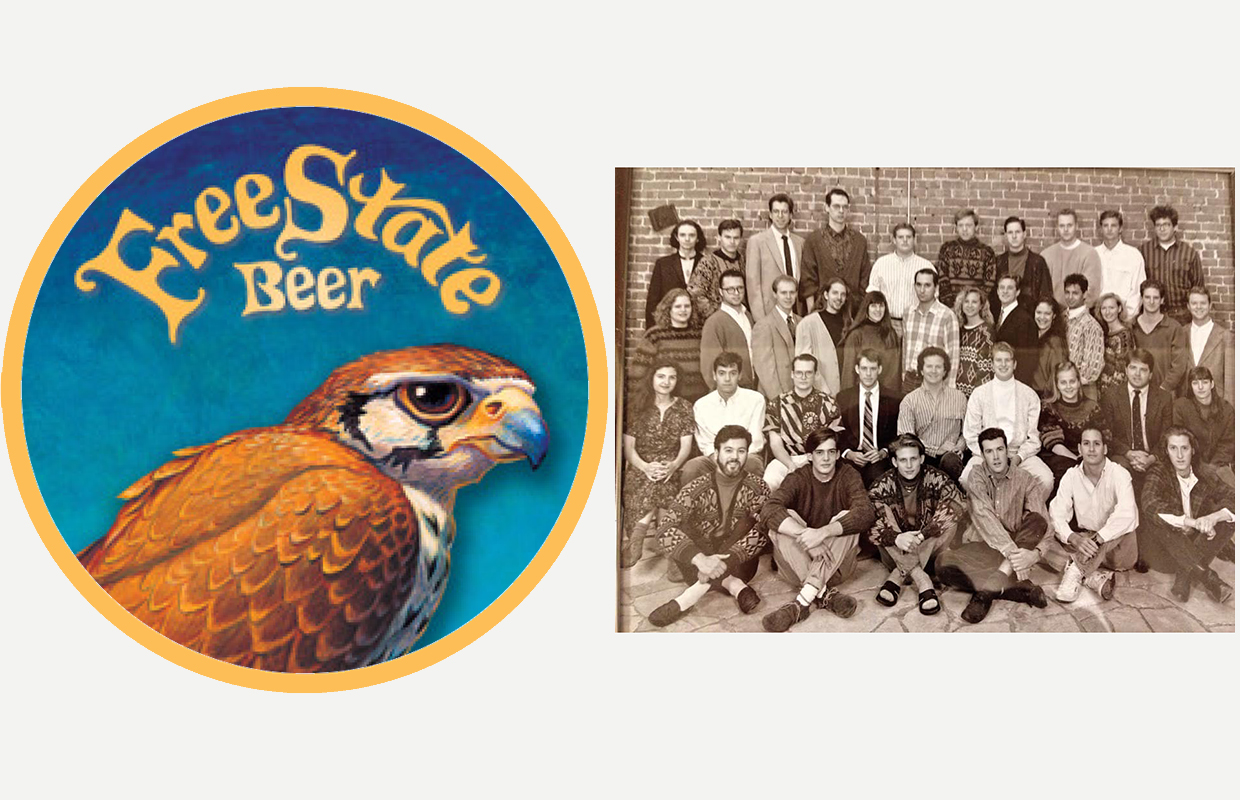
As co-founder of Food Shelter Public Relations, Joanne Jordan has 20 years of experience in the corporate, agency and nonprofit industries.
Working with Victory Brewing for several years has helped her understand the craft beer industry more, which has led to the development of “The Mighty Pint” as a pared down “survival kit version” for craft breweries.
Jordan spoke with Brewer recently about their involvement in craft beer for a previous story, but she shared so much good info, that we wanted to share the rest of her thoughts from additional questions and answers that have not made it to print yet.
BREWER: Is splitting the duties (hiring for certain events, releases, etc.) something that you see as a good way for breweries to branch into this aspect of marketing and PR?
JORDAN: I think even the smallest brewery needs to delineate responsibility and have a team as opposed to one person. Events and event management, release writing, analytics monitoring and content development are all full-time positions. From our agency standpoint, each account member should be able to pivot these executables on a dime (and we do). We just signed a new brewery and will be launching them very soon. That means every single member of our small yet mighty staff (myself included) will be working up to, during and post launch to make sure that brewery makes their mark locally and eventually nationally.
BREWER: How much “in-tune” does an agency need to be for craft beer? Is it different than other industries?
JORDAN: Very. Consumers in this industry are passionate, super knowledgeable, devoted, sophisticated, diverse and above all, opinionated. That means agencies need to be extremely careful with positioning and know the audiences they are addressing profoundly. Do producers of a morning show understand the industry? Not necessarily, but it’s our job to tell them why the client’s products, services or events are relevant, timely and worth a closer look. Being educated on who your client is, and immersed in what your client does, is extremely important for all industries we serve and the press that covers them.
BREWER: How much do you dictate versus what they suggest? How has that affected your image (good or bad)?
JORDAN: We always say the most successful client/agency relationships are collaborative, respectful, communicative and open. As a result, we quite often feel we interview potential clients as much as they interview us. Having a talented, insightful internal marketing person on the client side is key. The entire process becomes easier. It’s pleasant, creativity flows and ideas are exchanged. We do not focus on who is dictating what, when everyone understands the objectives, goals and clearly defined responsibilities, the results become the by-product of that solid, positive working relationship.
BREWER: What do you feel you can do better as a company in terms of promotion and how are you handling it for the future?
JORDAN: For clients, it’s always challenging to keep track of our contact database and vet who are faux versus truly legitimate influencers. I think there’s always room for improvement in that area. For us, we are definitely poster children for having to practice what we preach, but I think that’s commonplace. We have so many fun, unique ideas that never make it past the brainstorm phase swirling around in our heads it makes us dizzy. We’re currently looking for really sharp interns as well as setting aside team time to apply execution to a handful or at least some of those ideas on a regular basis.
BREWER: How important is the liquid to a PR/marketing agency? Do you ever shy away from a brewery that you think “isn’t ready” or “isn’t that good” to protect your own image?
JORDAN: The liquid and a solid, positive reputation are very important. Luckily, Victory had both when they engaged us. However, let’s not kid each other. There are nearly 5,000 craft breweries in this country fighting for shelf space and brand recognition. We know through experience and personal media relationships, press respond first to those who respect deadlines, send product immediately upon request and know how to easily and resourcefully meet their needs. The quality of liquid does not always play a role. Breweries that don’t find firms or people to foster or automate those functions or choose to spend those valuable marketing budget dollars merely on swag are doing themselves a very big disservice. We’ve never shied away from a brewery that wasn’t ready, but we are very careful when we choose whom to work with. Again it goes back to the client/agency relationship. For us, if the client relationship is solid they will take our advice and observations for which they have hired us and work towards implementing any necessary changes. If we don’t believe in it, how can we honestly make others?






Be the first to comment